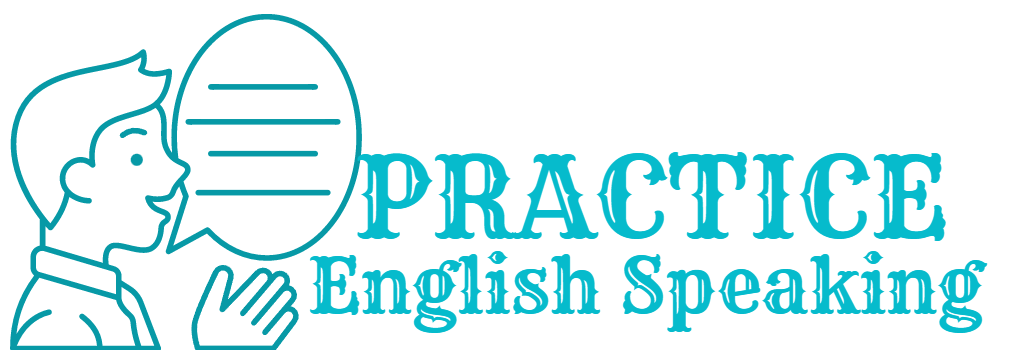C2 (Proficient) level Conversations: (5) Quantum Computing and Its Potential Applications

Alex: Hey Max, have you heard about quantum computing? I’ve been fascinated by its potential applications lately.
Max: Yeah, I’ve read a bit about it. It’s a mind-bending concept, isn’t it? Quantum bits, or qubits, can exist in multiple states simultaneously, unlike classical bits.
Alex: Exactly! That’s what makes quantum computing so powerful. With qubits, computations that would take classical computers centuries can be done in seconds.
Max: It’s incredible how it could revolutionize fields like cryptography and drug discovery. Imagine the breakthroughs we could achieve in medical research with faster simulations.
Alex: Absolutely. And let’s not forget about its implications for artificial intelligence. Quantum machine learning could lead to algorithms that process information exponentially faster than classical ones.
Max: True. But there are also challenges, like maintaining the stability of qubits. Quantum decoherence is a major hurdle we need to overcome for practical quantum computing.
Alex: Definitely. It requires advanced error correction techniques and robust hardware design. But the potential rewards make it worth pursuing.
Max: Agreed. Quantum computing represents a paradigm shift in technology, and I’m excited to see where it takes us in the future.
Alex: Me too, Max. It’s a thrilling time to be exploring the frontiers of science and computing.
Max: Absolutely, Alex. The possibilities seem endless, don’t they?
Alex: They sure do, Max. Let’s keep an eye on the developments in quantum computing. It’s bound to shape the future in ways we can’t even imagine yet.
Max: Absolutely. It’s been a fascinating conversation, Alex. Thanks for delving into this topic with me.
Alex: Anytime, Max. It’s always a pleasure discussing cutting-edge technology with you.



Summary:
Alex and Max engage in a captivating discussion about quantum computing and its potential applications. They explore the concept of qubits, the speed advantages over classical computing, and its implications across various fields such as cryptography, drug discovery, and artificial intelligence. While acknowledging the challenges like quantum decoherence, they remain optimistic about its transformative impact on technology and eagerly anticipate its future developments.

